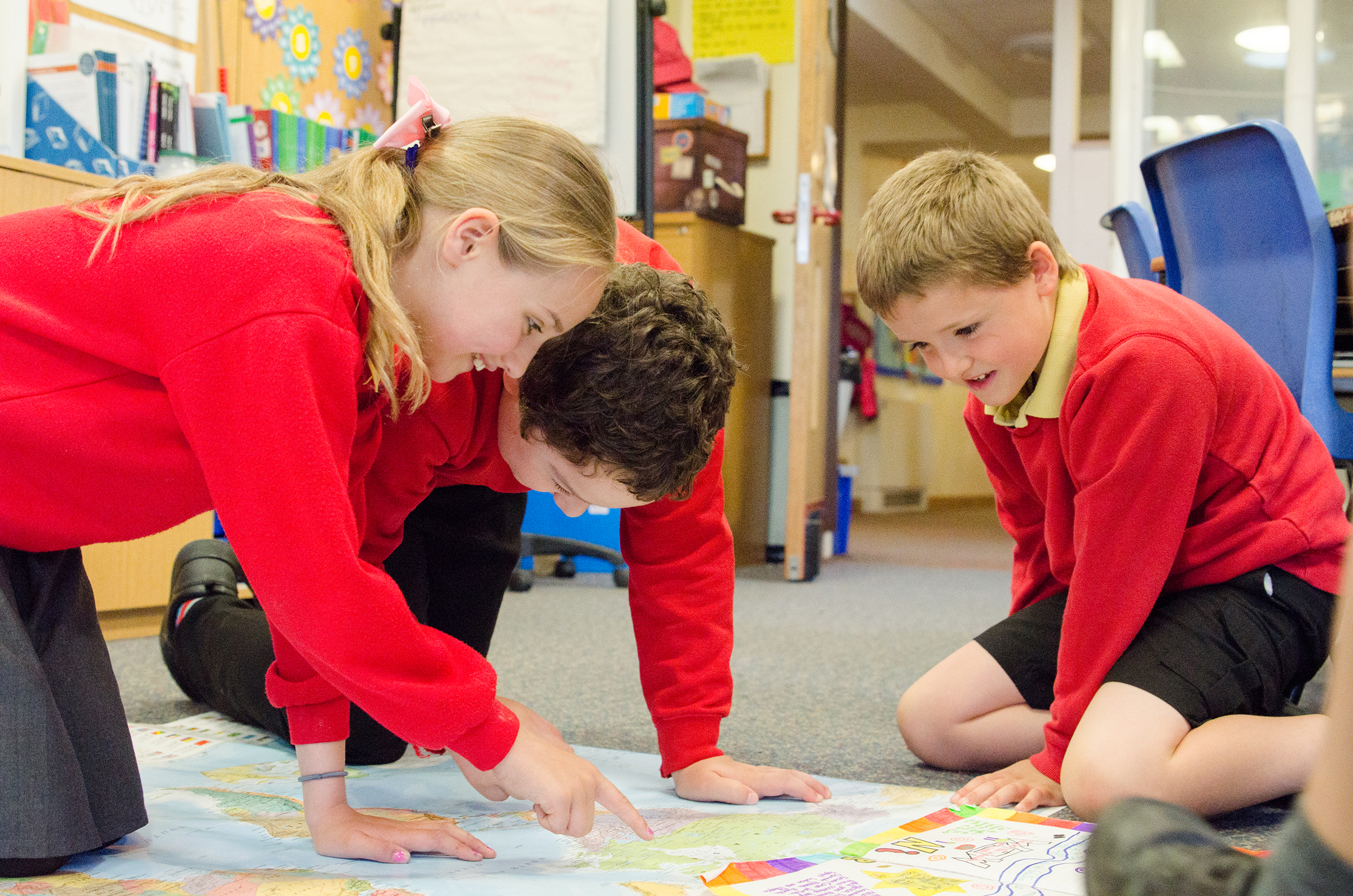
We implement the curriculum through carefully planned sequences which enable children to learn new skills and knowledge , whilst consolidating previous learning. Mapping what is taught in each year group, allows teachers to plan for progression. Please see our progression grid below:
Our curriculum for geography aims to ensure that all pupils:
Geography knowledge and conceptual understanding
Geography plays a crucial role in understanding our world. It makes a vital contribution to our knowledge of the rapidly changing environmental and social challenges facing us and how we should tackle them. Our geography curriculum should inspire in pupils a curiosity and fascination about the world and its people that will remain with them for the rest of their lives. Teaching demonstrates a sequence of knowledge and concepts. Learning should reflect a cumulative and spiral approach this will secure understanding of each core block of knowledge and concepts in order to progress to the next stage. The teaching of geography will equip pupils with knowledge about diverse places, people, resources and natural and human environments, together with a deep understanding of the Earth’s key physical and human processes. As pupils progress, their growing knowledge about the world should help them to deepen their understanding of the interaction between physical and human processes, and of the formation and use of landscapes and environments. Geographical knowledge, understanding and skills provide the framework and approaches that explain how the Earth’s features at different scales are shaped, interconnected and change over time. Children will use secondary resources to develop their knowledge and understanding that is integral to their learning such as atlases, textbooks, maps, digital technology and photographs and use of computing skills.
By the end of each key stage, Pupils should be able to describe apply and understand content skills and processes. Pupils will demonstrate this through using both common language, but they should also be familiar with, and use, technical terminology accurately and precisely. They should build up an extended specialist vocabulary.
The skills, processes and methods of learning geography
Exploring connections, similarities and differences in our human and physical world is learned through:
Spoken Language
Geography is a subject driven by the visual and provides a myriad of opportunities to use the spoken word in a meaningful context. Opportunities to present ideas will enable children to communicate findings, misconceptions and understanding. The exchange of ideas will be used to develop quality and variety of geographical language to articulating geographical concepts clearly and precisely.
Promoting our school motto and The Carey Qualities
Our curriculum for geography is ambitious and challenging so enables children to ‘Aim High’. Children are encouraged to ‘Build Relationships’ during group practical activities where teamwork, listening skills and leadership are used. When learning is challenging or concepts are difficult to understand children will need to ‘Be Resilient’, for many, there will be learning about concepts beyond their life experiences. Through fieldwork opportunities, children will have opportunities to ‘Be Resourceful’ to help them make connections, to answer questions and build an understanding about our ever changing world. Learning about people from other parts of the world with different cultural backgrounds will encourage our children to ‘Be Respectful’ of differences and as a result help prepare them for life in modern Britain.